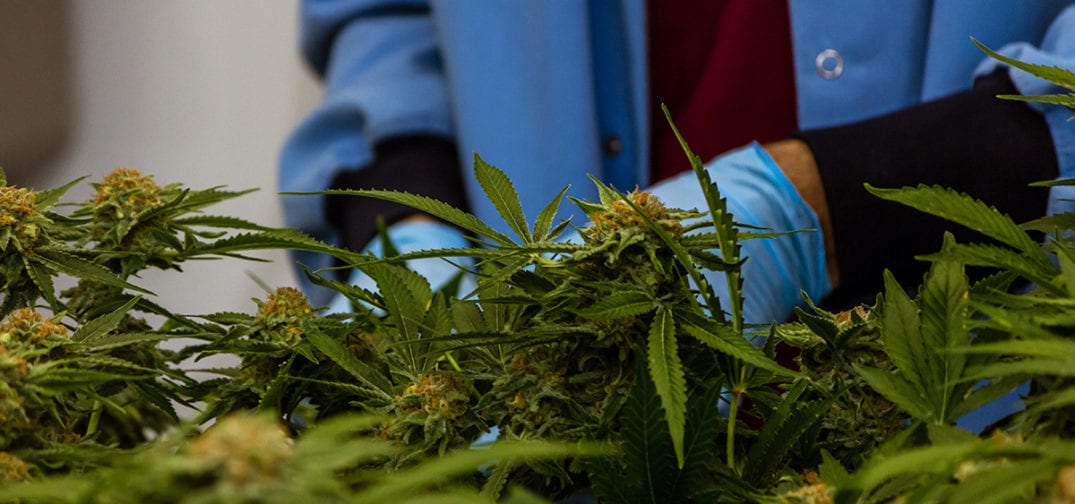The Multi-disciplinary Association of Psychedelic Studies (MAPS) publicly responded to the Drug Enforcement Administration (DEA) concerning new rules that guide the agency’s consideration of applications to “cultivate and provide” medical-grade cannabis to researchers and to the Food and Drug Administration for drug development.
MAPS partnered with Prof. Lyle Craker, Professor Emeritus of Botany and Plant Sciences at the University of Massachusetts, Amherst’s Stockbridge School of Agriculture, to submit two applications to the DEA for cultivating research-grade cannabis, aiming to break the National Institute for Drug Abuses (NIDA ) monopoly on research-grade cannabis. The association’s first application, submitted in 2001, was rejected; their application submitted in 2017 is still awaiting a decision.
“MAPS welcomes the opportunity to provide these comments in response because the Proposed Rules are centrally important to our work and our continuing efforts to obtain DEA Registration for Professor Craker,” a representative said.
The DEA announced the new rules earlier this year in March. If adopted, the rules will change how the DEA takes possession of and distributes cannabis grown for research and update the definitions for “medicinal cannabis” and “cannabis preparations” in order to “enable DEA to evaluate each of the 37 pending applications to grow marijuana for research under the applicable legal standard and conform the overall program to relevant laws,” according to a DEA press release.
In their public comment, MAPS is cautiously optimistic about the new rules.
“We strongly support and commend DEA for its Proposed Rules’ commitment to ending the NIDA monopoly system, and to grant additional DEA Registrations in order to facilitate and enhance privately funded commercial medicinal cannabis drug development. However, we also have significant concerns regarding whether DEA will follow through with effective and consistent implementation that actually enhances and facilitates the opportunities for commercial medicinal cannabis drug product development, including the whole-plant botanical drug development that MAPS has long sought to accomplish.” — Excerpt from the MAPS 2020 public comment
According to the DEA, there are more researchers registered to grow cannabis than any other Schedule I controlled substance. Due to the increase in researchers, the DEA has increased its cannabis “quota” from 472 kg in 2017 to 3,200 kg in 2020.
“MAPS has an immediate need for DEA licensing of Professor Craker to produce marijuana for an FDA-regulated study of veterans with PTSD,” the association said. “Other applicants have immediate needs of their own. U.S. businesses and jobs will be created by federal licensing of additional domestic marijuana producers for research and development into potential medical, commercial and industrial applications.”
Get daily cannabis business news updates. Subscribe
End
